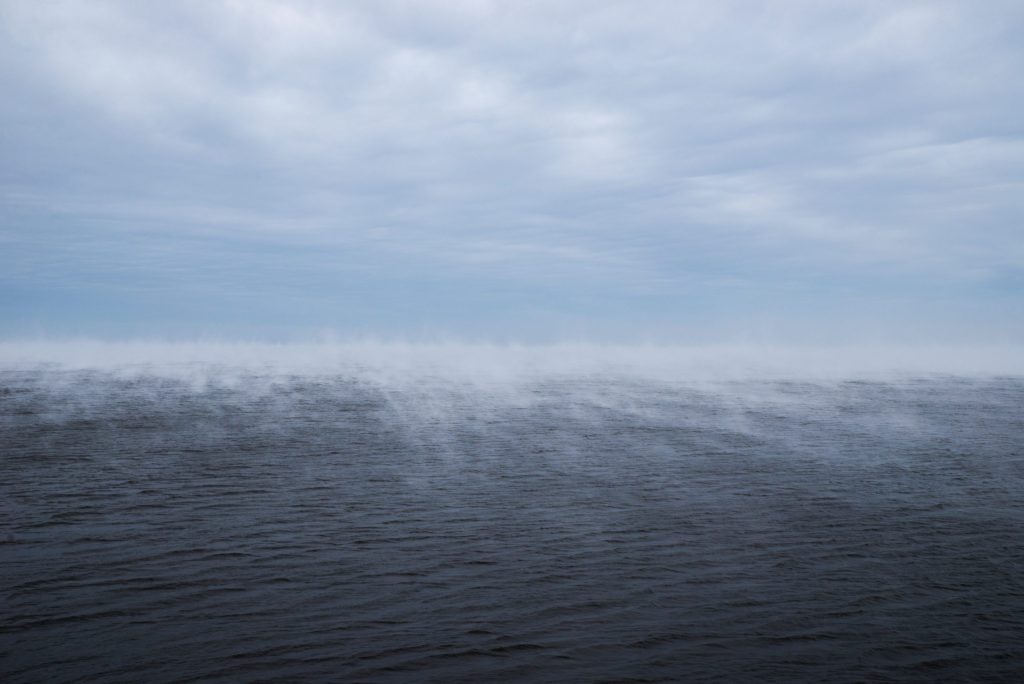
The most secure place in any Swedish city? The prison? No. A bank? No (there is no actual money in Swedish banks anymore – that’s another story). The town hall? No way. This is Sweden. All doors are open. Except, that is, the door of the Systembolaget.
And it’s not just the door. The Systembolaget doesn’t just shut and lock its door. It puts a metal screen down behind it. And then lots more metal screens behind all the big glass windows. It’s a full lockdown. It is the most secure building in any Swedish town, anywhere.
Security isn’t a dirty word
Systembolaget is an important word in Swedish. It’s the name of the state monopoly alcohol supplier. No one but no one in the country can sell you take-out alcohol stronger than a 3.5% lager except Systembolaget. And when Systembolaget closes, it’s closed. Like Fort Knox.
Swedes are born to it. As a result, they have all perfected a certain style of alcohol purchasing. They plan ahead, in bulk. Being Swedish, this comes fairly naturally. They’re good at planning ahead. It means that when you’re in the checkout line in Systembolaget, you’re surrounded by people with crates of the stuff.
Even the drunks (yes, state control hasn’t worked) buy their 12% lager in bulk. With my two bottles of Pinot Grigio, I look ridiculous.
Wine is the forbidden fruit
And I’m so bad at remembering the strict opening hours that I always miss them. I drink almost exclusively 3.5% lager as a result. It’s a little tedious. Wine has become something of a wistful memory. If only I could plan ahead better, I might taste it again.
I live in Skåne, the southern breadbasket of Sweden, where the orchards and a few vineyards are fertile and plentiful. Yet even here the state is watching. Visit any of the idyllic Skåne vineyards and you can sample the wine, maybe enjoy a meal with wine, but buy a bottle to take away with you? Oh, no, no, no…
Only Systembolaget is legally allowed to sell you wine to take out, so having visited the vineyard, you would then need to head back to the city and find a Systembolaget in order, perhaps, to find the fine Swedish vintage you were after.
They might need to fine-tune that one before Skåne becomes Europe’s answer to the Napa Valley.
If you ever get hold of any alcohol in Sweden, you might want to wash it down with a Swedish hot dog









